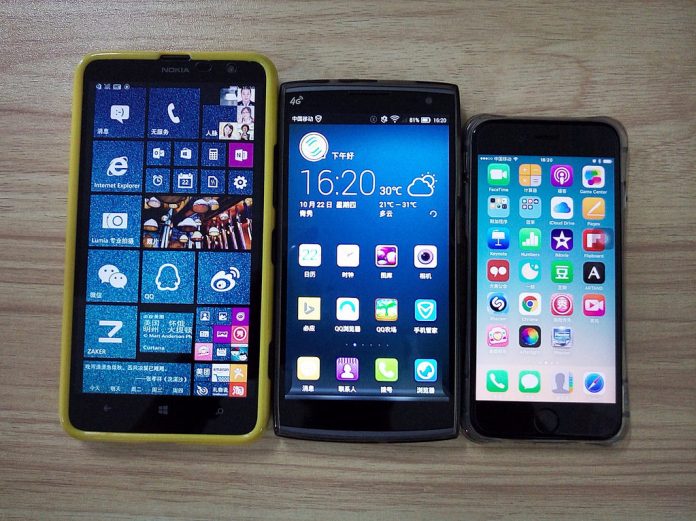
Over the weekend, Microsoft’s Vice President of Windows and Devices, Joe Belfiore, sent out a series of tweets in which he confirmed that the Windows Phone was essentially dead. Windows 10 Mobile will continue to receive security updates and whatnot, but that platform is also likely to be phased out.
The confirmation was as low-key as possible, and it represented a long-coming admission on Microsoft’s side. Windows mobile hardware and software accounted for less than 1% of the market in recent figures, as Google’s Android and Apple’s iOS absolutely dominate the scene.
Embracing the foretold death of Windows Phone and Windows 10 Mobile will allow Redmond to move on to bigger, better things in which they can be truly competitive. VR is looking good for the company led by Satya Nadella, and their experiences might make a mobile jump sooner rather than later.
Of course we'll continue to support the platform.. bug fixes, security updates, etc. But building new features/hw aren't the focus. 😟 https://t.co/0CH9TZdIFu
— Joe Belfiore (@joebelfiore) October 8, 2017
Windows 10 Mobile users will continue to get support
Belfiore assured users that they will “continue to support the platform,” including security updates, bug fixes, and so on, but he also clarified that investing in hardware development and new features for Windows Phone had ceased to be a priority.
Since they are not the focus anymore, you can write Windows Phone as good as dead and Windows 10 Mobile as well on its way toward the same fate. The cross-platform system was a great idea and it worked as good as it could, but the user base simply doesn’t exist, unfortunately.
Those who remain faithful to Microsoft or are just stuck with a Windows Phone should rest assured: the tech giant has your back for now, and you will continue to get software support.
We have tried VERY HARD to incent app devs. Paid money.. wrote apps 4 them.. but volume of users is too low for most companies to invest. ☹️ https://t.co/ePsySxR3LB
— Joe Belfiore (@joebelfiore) October 8, 2017
Mobile app development might be Microsoft’s strong suit
On the other hand, Redmond seems to be doing fairly well in the field of mobile apps, as it recently launched the official Android and iOS versions of Microsoft Edge for mobile.
Belfiore said they have tried “very hard” to incentivize app developers, and that they have spent money and even written apps themselves but no dice. The tech giant also owns the popular keyboard app Swiftkey and Microsoft Launcher (formerly known as Arrow Launcher).
Whether they developed an app from the ground up or they bought the makers of a popular one, Microsoft’s sweet spot seems to be in the app market rather in the hardware and software side of the business.
Microsoft Office and all of the mobile app versions of its suite make for must-have services on the go to some people. Focusing on that might find them a broader target market, even if it is broader than just 1%
Source: Twitter










